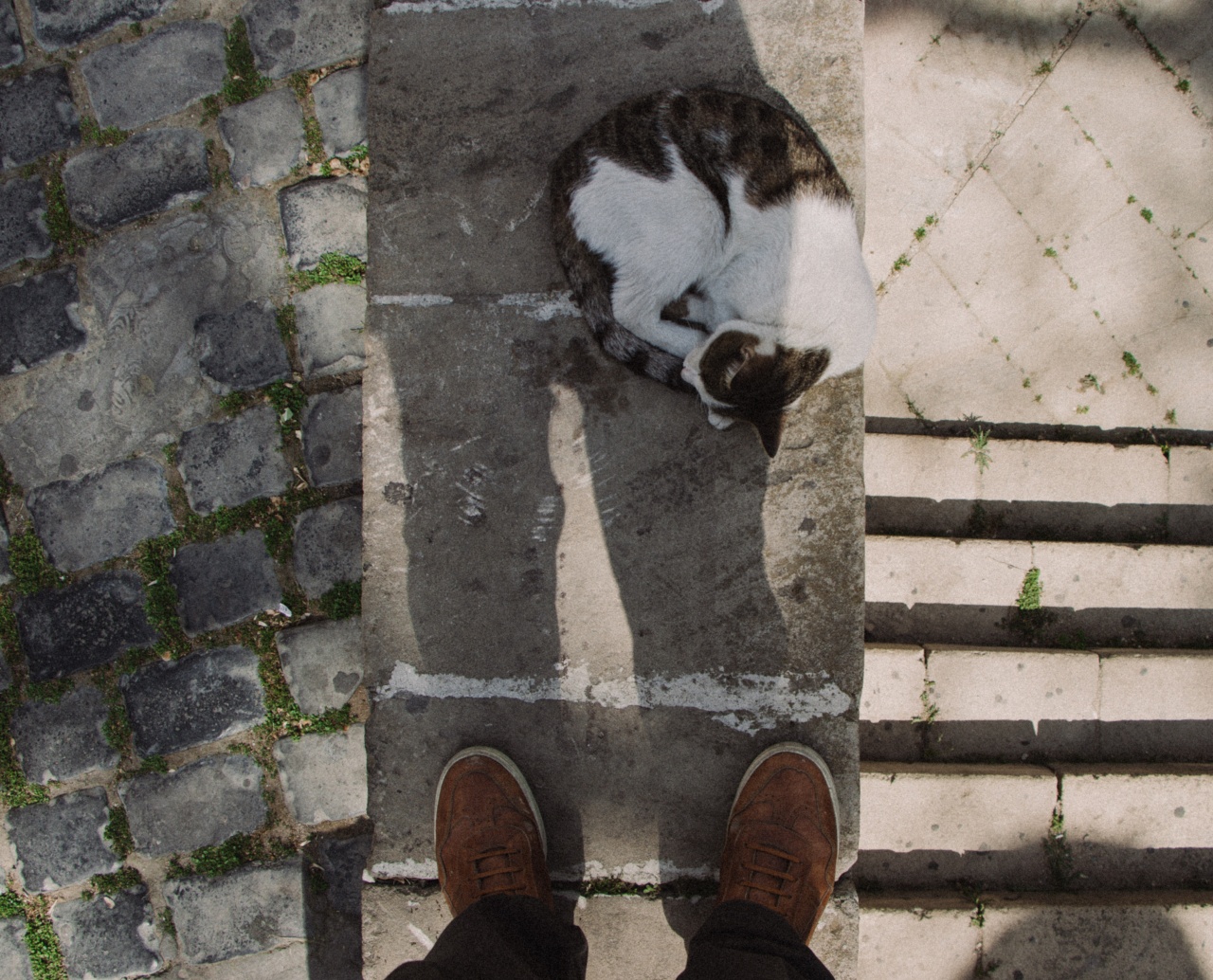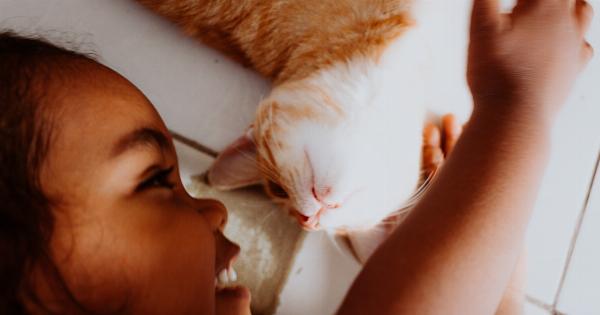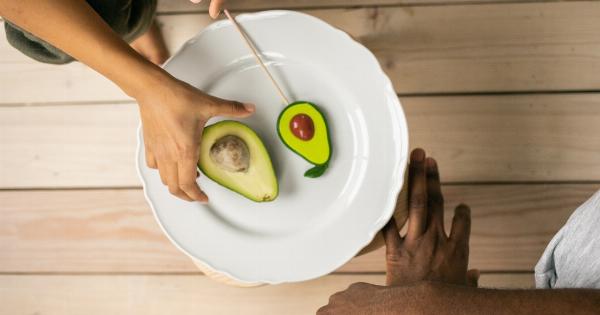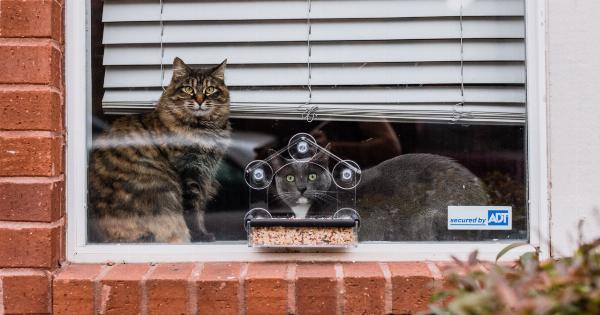As a cat owner, it’s essential to be aware of your furry friend’s weight. Obesity in cats can lead to various health issues, including diabetes, arthritis, and heart disease.
Overfeeding your feline companion or not providing adequate exercise can contribute to weight gain. Hence, it’s critical to monitor your cat’s weight and make lifestyle changes accordingly.
The Benefits of Sterilization
Spaying or neutering your cat can help maintain a healthy weight. Following sterilization, cats tend to become less active, which means a decreased caloric requirement.
Moreover, neutered cats are less likely to roam around, as the hormonal drive to procreate decreases. Therefore, if your cat is overeating, sterilization might be the right step to take. It’s essential to consult a veterinarian to determine if your cat is a candidate for the surgery, as age, breed, and overall health play a role in the decision.
High-Calorie Paste: A Supplement for Thin Cats
Whilst it’s crucial to monitor your cat’s weight, some feline companions need a boost in calories. Thin cats, whether due to illness or genetics, need additional calories to maintain a healthy weight.
High-calorie paste, typically found in pet stores, is a great supplement for these cats. This paste is packed with nutrients and is easy to digest. It’s a great way to help your cat gain weight healthily. It’s recommended to consult a veterinarian before introducing a high-calorie paste to your cat’s diet.
The Role of Diet in Your Cat’s Weight
The type and amount of food you provide for your cat play a critical role in their weight. Dry food, also known as kibble, is high in carbohydrates and low in moisture, which can result in weight gain.
On the other hand, wet food, including canned or pouches, contains more moisture and fewer carbohydrates. Wet food is a better option to keep your cat hydrated and feeling fuller for longer. It’s recommended to follow the feeding guidelines and avoid overfeeding your cat.
Treats are okay in moderation, but it’s essential to factor them into their overall calorie intake.
The Importance of Exercise
The lack of physical activity is one of the leading causes of obesity in cats. Unlike dogs, cats don’t always show enthusiasm for walks and runs, making it a task for cat owners.
However, there are other ways to incorporate physical activity into your cat’s routine. Interactive toys, like strings and laser pointers, encourage cats to pounce and play. Cat towers and scratching posts allow cats to climb, jump, and scratch, all of which are natural feline behaviors.
Routine playtime with your cat is not only helpful in maintaining weight, but it’s also a great bonding experience.
Health Concerns Related to Obesity in Cats
Obesity in cats can lead to several health concerns, including:.
- Diabetes Mellitus: Symptoms include excessive thirst, frequent urination, and weight loss.
- Arthritis: Extra weight puts pressure on the joints, leading to joint pain and inflammation.
- Heart Disease: Obesity can lead to high blood pressure, which can cause heart disease in cats.
- Fatty Liver Disease: This is a life-threatening condition in which excess fat accumulates in the liver and prevents it from functioning correctly.
These are some of the severe health issues that can affect your cat if their weight is not managed.
The Bottom Line
Cats, like humans, require a balanced diet and adequate exercise to maintain a healthy weight. Being mindful of your cat’s weight and making necessary lifestyle changes can prevent potential health issues down the road.
Consult a veterinarian to determine what’s best for your feline companion, as their age, breed, and overall health play a role in managing weight. Be sure to follow a recommended feeding schedule and incorporate exercise into their routine.






























